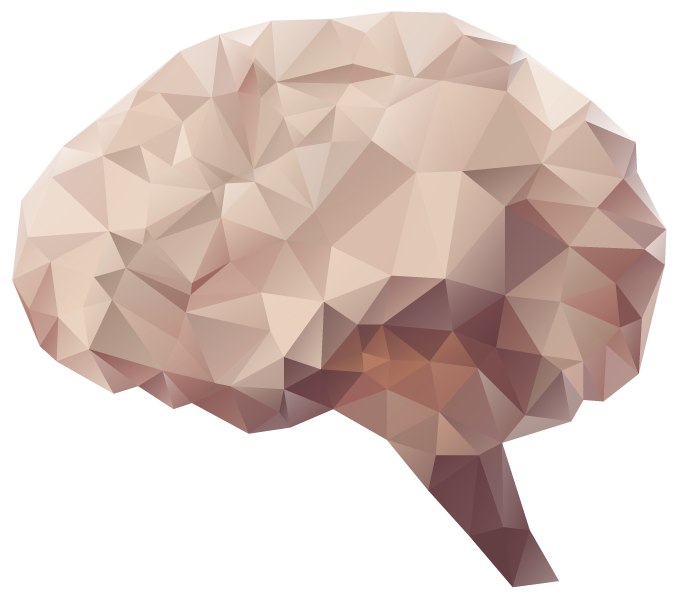Wechsler Intelligence Scale
The Wechsler Intelligence Scale is an intelligence test that can be administered to both children and adults. Developed by Dr. David Wechsler, a clinical psychologist with Bellevue Hospital, in 1939, the tests measure one's ability to "adapt and constructively solve problems in the environment," as Wechsler defined.
Each test is comprised of two groups of subtests: Verbal and Performance. Verbal scales measure general knowledge, language, reasoning, and memory skills. Performance measures spatial, sequencing, and problem-solving skills.
Each test is individually administered by a trained examiner and requires a complex set of test materials. The Full Scale IQ score is determined by a formula that sums the Verbal and Performance IQ scores. A score beyond 130 is considered superior or "gifted", 120-129 is "very high", 110-119 are considered "bright normal", and anything less than 90 is considered average to low average. Anything lower than a 70 signals borderline mental functionality, and any lower than 69 signals mental retardation.
